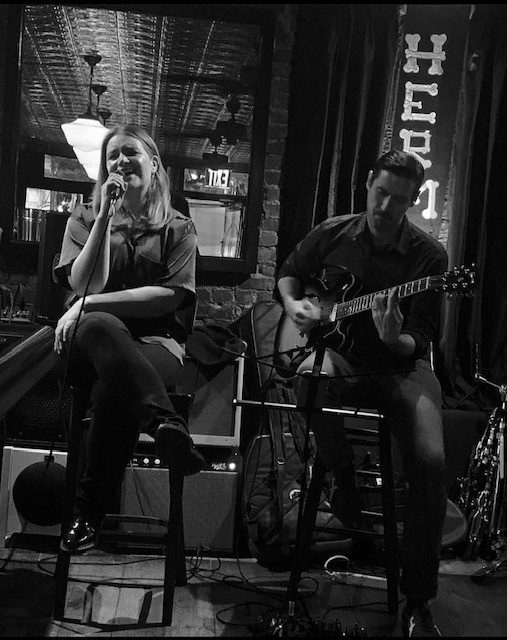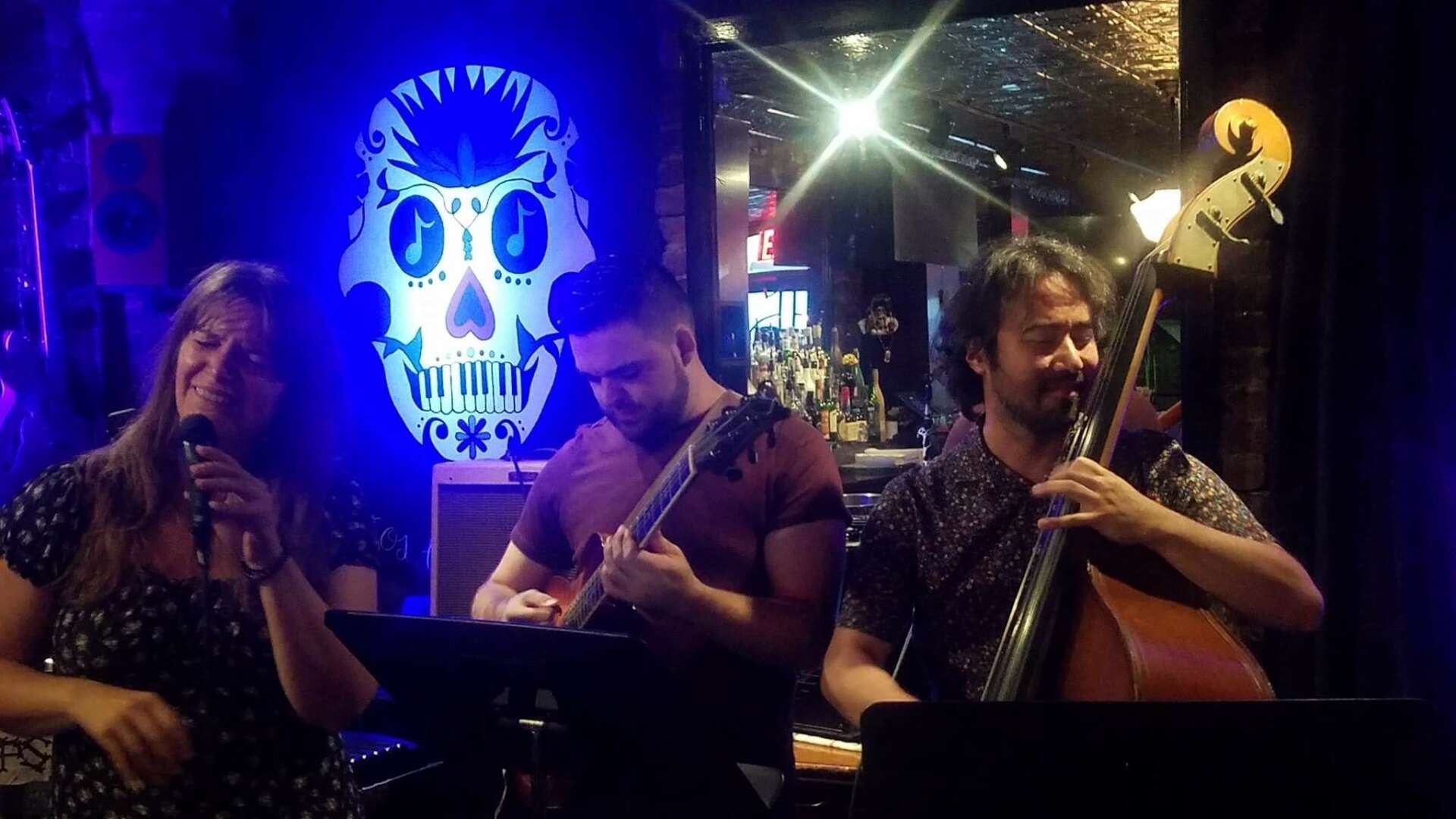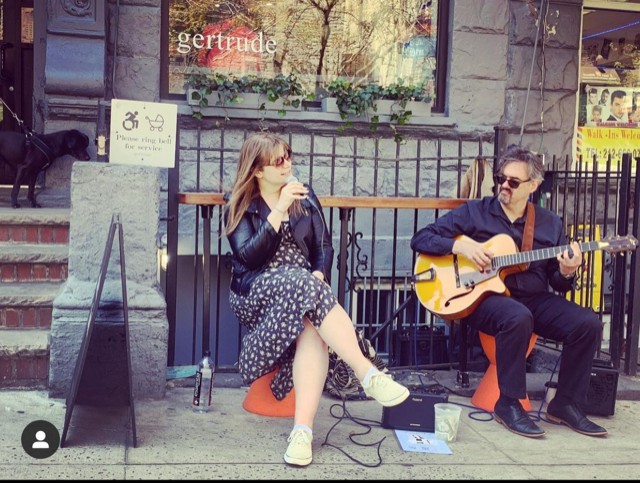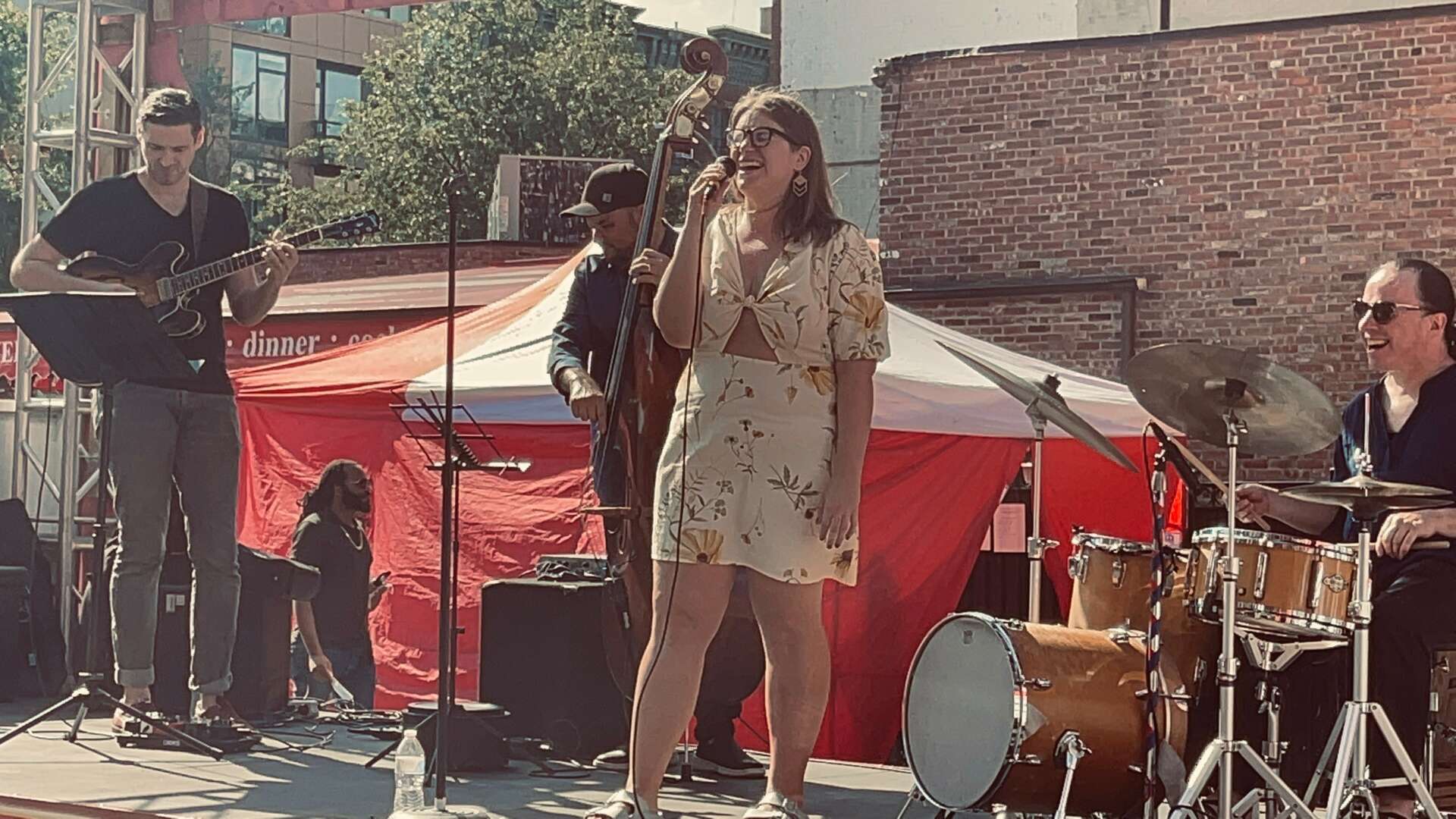We caught up with the brilliant and insightful Lauren Lee a few weeks ago and have shared our conversation below.
Lauren, thanks for taking the time to share your stories with us today Have you been able to earn a full-time living from your creative work? If so, can you walk us through your journey and how you made it happen? Was it like that from day one? If not, what were some of the major steps and milestones and do you think you could have sped up the process somehow knowing what you know now?
I have been able to make a living from this full-time, but not without a lot of sacrifices and pieceing things together. I think in popular culture there has become this romanticization of the artist’s struggle: the notion of the starving artist living in a shoddy apartment while having to work as a barista or bartender as their ‘actual’ job, making art on the side. Part of making a living as a creative person for me has been learning how to fit my skill set into a lot of different scenarios and taking some out-of-the-ordinary gigs. It has been a challenge for me due to the unpredictability and the fact that so much of making a living this way is about your network and being in the right place at the right time, but the beauty in that is that it’s never boring.


Lauren, love having you share your insights with us. Before we ask you more questions, maybe you can take a moment to introduce yourself to our readers who might have missed our earlier conversations?
Music has been a big part of my life since I was a kid, but as a child, I never envisioned myself being a jazz musician because I didn’t know what that was. I grew up in the rural midwest on a steady diet of classic rock and country music and didn’t even hear the genre until I was 16 years old. I was drawn especially to the idea of improvisation. I was a very creative kid who loved to read and write stories and improvisation to me is like a never-ending story, a perpetual conversation. I was drawn to the seemingly endless creative genius of John Coltrane and his process of understanding and generating musical vocabulary and it was truly his music that tipped me into this direction of studying improvisation and using it as a tool for emotion and communication. I set myself apart from other jazz vocalists by tapping into the things I grew up with (country and classic rock music, love for reading and writing stories) and blending them with existing jazz elements like typical jazz standards, forms, and harmony. The other thing that sets me apart is that I am very interested in using my voice as an instrument and discovering what is possible physically with the instrument. I don’t sound like anyone else and I also don’t want to.
Is there mission driving your creative journey?
I am on a journey to be the truest version of myself, personally, professionally, and creatively. I think that as a working artist I have had to wear many hats to keep the bills paid, but I am on a journey now to really find myself and be true to it.


In your view, what can society to do to best support artists, creatives and a thriving creative ecosystem?
I think that society does value art, but not for need. I think that society values art for novelty. I do not think that the general public sees work in the arts as an actual job. I think they see it as a hobby, a ‘gift’, something that someone got lucky with. Being a skilled artist takes thousands upon thousands of hours of practice to develop the skill and usually a similar amount of dollars invested in learning, equipment, and opportunities. The best way society can support a thriving creative eco system is to acknowledge that artists are working professionals just like any other profession and should be compensated as such.
Contact Info:
- Website: www.laurenleejazz.com
- Instagram: @laurenleesings
- Facebook: @laurenleejazz
- Youtube: https://www.youtube.com/c/LaurenLeejazz
Image Credits
photos: Andrea Witting


